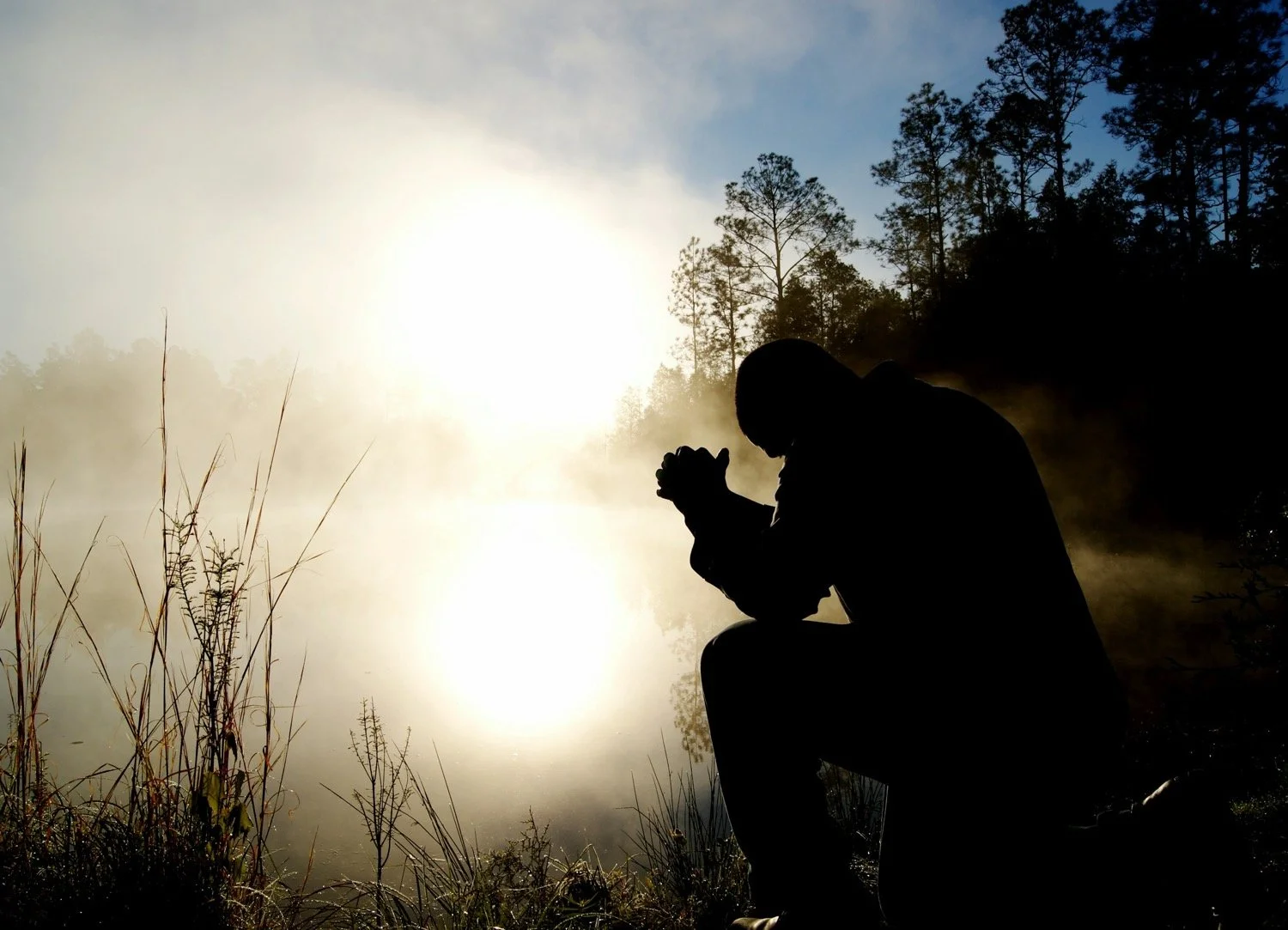Readings for today: Isaiah 46-49, Psalm 135
Today’s reading is a great follow up from yesterday. It clearly outlines the choice we have to make when it comes to who will bear the burdens of our lives. If we trust in false gods, we end up carrying them. If we trust in the true God, He ends up carrying us. Either we load ourselves down with idols…idols that are false, idols that are dead, idols that cannot save…or we let God bear us up on eagle’s wings. I love how Isaiah puts it in chapter forty-six, “The god Bel falls down, god Nebo slumps. The no-god hunks of wood are loaded on mules and have to be hauled off, wearing out the poor mules— Dead weight, burdens who can’t bear burdens, hauled off to captivity. Listen to me, family of Jacob, everyone that’s left of the family of Israel. I’ve been carrying you on my back from the day you were born, And I’ll keep on carrying you when you’re old. I’ll be there, bearing you when you’re old and gray. I’ve done it and will keep on doing it, carrying you on my back, saving you.” (Isaiah 46:1-4 MSG) The picture Isaiah paints here is of foreign nations carrying their gods around from place to place. They put their gods on carts borne by beasts of burden. They are heavy loads. The oxen have to strain to keep going. And all of it is for naught because the idols are dead and empty. The end result is defeat. Exile. Captivity. Contrast this with the Living God of Israel. No idol can depict him which means there is no statue or totem to carry. Israel’s faith was so strange and unique that many of their Ancient Near East neighbors considered them atheists! All because they didn’t appear to have a god! And yet Israel’s God is real. Alive. Active. He bears them up from birth even to their old age. They didn’t make him, He made them. They didn’t bear him, He bore them. They didn’t carry him, He carries them. They didn’t save him, He saves them.
You and I are faced with the same choice everyday. Sure, our idols are not as obvious. At least, that’s what we tell ourselves. Most of us don’t have statues or totems or anything like that. Instead, we have bank accounts. Homes. Careers. Relationships. These are the things we place our trust in rather than the Living God. We place our faith in ourselves. We worship ourselves. All our energy and resources are directed towards making sure our needs, our wants, our desires are fulfilled. We are told we deserve this. We are told we’ve earned this. We are told we want this. We would be nothing without it. Life is not worth living unless you have it all. Such lies place burdens on our shoulders too heavy to bear. They wear us down. They sap us of our strength. All of us know the rat race we’re on is killing us. We simply cannot maintain the pace. So what’s the answer?
Turn to God. Let Him bear the burden of your life. Trust the One who shaped and formed you in your mother’s womb. Trust the One who gave you breath and life at your birth. Trust the One who endowed you with your gifts and talents and abilities. Trust the One who knows every hair on your head. If you’ll let Him, He will lift you up. If you’ll lean on Him, He will give you strength. If you trust Him, He will never let you down. He has made you. He has borne you. He has carried you. He will save you. This is His promise.
Readings for tomorrow: Isaiah 50-53




